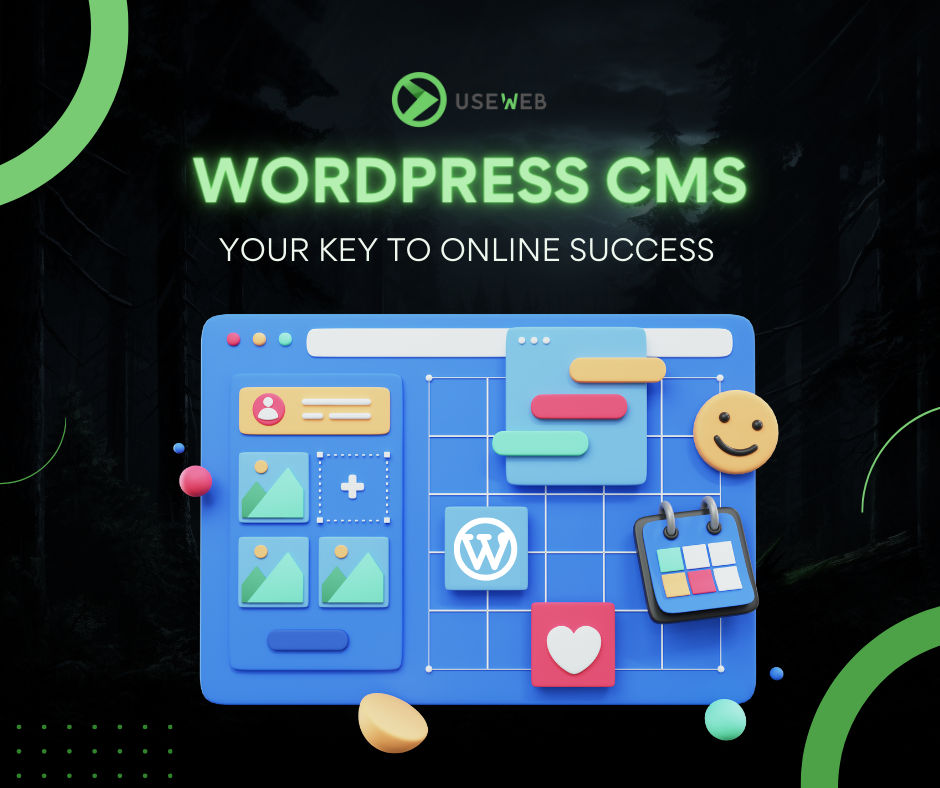Have you ever wondered why some businesses dominate search results in your area, while others remain invisible? Local SEO is the key to solving this mystery and is essential for any local business looking to attract customers from its immediate neighborhood.
In simple terms, local SEO is an SEO strategy that focuses on a specific geographical area. It’s more than just website optimization; it’s the art of using local keywords, reviews, and Google profiles to boost your online presence. With the right approach, your business can become more visible than ever!
This article will guide you through all the crucial steps of local SEO, from the basics to advanced techniques, helping you succeed in your community. We’ll start with an introduction to local SEO and discover why it’s so important in today’s business world.
Introduction to Local SEO
Local SEO is a key element of your business marketing strategy. It focuses on increasing visibility in local search results, such as Google Maps and Google My Business. With it, your website can attract more customers from your area.
Why Invest in Local SEO?
- Increased visibility: Helps you reach customers in a specific location.
- More traffic: Increases the chances of interested users visiting your website.
- Trust and reputation: Maintaining a Google Business Profile builds trust in your brand.
To effectively implement local SEO, ensure that your business details, such as address and phone number, are visible and up to date. Regularly use Google Analytics to track performance and optimize your strategy.
Remember, local SEO is an investment in your business’s future. Focus on your presence in a given location to grow your business and attract new customers.
Differences Between SEO and Local SEO
SEO and local SEO share many similarities but differ in key aspects.
- General SEO focuses on optimizing your website for the entire web, increasing chances of higher rankings in global search results. It emphasizes keywords, link building, and content that appeals to a broad audience.
- Local SEO, on the other hand, promotes your business in a specific location. It’s designed to help your business appear in local search results and on Google Maps. Strategies include optimizing your Google Business Profile and gathering local reviews to stand out in your area.
Comparison Table: SEO vs. Local SEO
| SEO | Local SEO |
|---|---|
| Global keywords | Local keywords |
| Emphasis on branding | Emphasis on local presence |
| Global results | Local results, Google Maps |
Applying the right strategies can significantly impact your brand’s visibility, whether you aim for international reach or local leadership.
Key Ranking Factors in Local SEO
Local SEO is essential for any business wanting to appear in local search results. To improve your chances of being displayed in these results, focus on the following key ranking factors:
Key Factors and Description
- Google My Business: Regularly update your business information.
- Customer Reviews: Encourage positive reviews from satisfied clients.
- Keywords: Include local keywords on your website.
- Backlinks: Get links from high-quality, local websites.
- Social Media: Engage with your local community actively.
Using tools like Google Analytics to track actions and Google Maps to pinpoint your business location can greatly enhance local SEO. Don’t forget to optimize website content for local SEO to make your brand more visible in your area.
Creating and Optimizing Your Google My Business Profile
Creating and optimizing your Google My Business profile is a crucial step in improving your visibility in local search results. Here’s how to do it:
Creating Your Profile
- Register: Go to Google My Business and create an account if you don’t already have one.
- Add Business Details: Fill in your business name, address, phone number, and website.
- Choose the Right Category: Select the category that best describes your business.
Optimizing Your Profile
- Add Photos: High-quality photos attract attention and build credibility.
- Updates and Posts: Regularly publish updates, promotions, and other important information.
- Encourage Reviews: Ask customers to leave reviews and respond to them to build positive relationships.
Why It Matters
| Element | Importance |
|---|---|
| Contact Details | Makes it easy for clients to contact your business. |
| Photos | Strengthen your brand image and credibility. |
| Reviews | Increase trust among potential customers. |
Google Analytics can help monitor performance and refine your local SEO strategy.
The Importance of Local Keywords
Local keywords are essential for successful local SEO. They help your business align with user searches in a specific location.
Why Are Local Keywords Important?
- Better visibility: Help your website appear in local search results.
- Greater relevance: More relevant to users searching for services in your area.
- Faster results: Achieve quicker outcomes due to less competition in your location.
Popular Tools for Local Keyword Analysis
- Google Analytics
- Google My Business
- Google Maps
- SEO tools like Google Keyword Planner
Using local keywords like city names, districts, or specific landmarks on your website will improve its position in search results. Well-optimized businesses in a specific location have higher chances of attracting customers.
Creating Local Content
Creating local content is a critical element of local SEO, significantly boosting your business’s visibility in local search results. Focus on producing content that reflects the unique characteristics of your area, addressing the needs and interests of the local community.
How to Create Local Content
- Understand Your Location: Research what’s unique about your area and incorporate this into your content.
- Use Local Keywords: Include phrases like “Your business in [city]” or “services in [specific location]” on your website.
- Google My Business Profile: Keep your business information updated to increase chances of appearing on Google Maps.
- Analyze Results: Track your strategy’s outcomes using tools like Google Analytics.
Building Local Backlinks
Local backlinks, also known as backlinks, are vital for successful local SEO. They act as votes of trust for your website, helping boost its visibility in search results, particularly local ones.
How to Build Local Backlinks
- Register in Local Business Directories: Ensure your business is visible on platforms like Google My Business.
- Partner with Local Organizations: Collaborate with local associations or sponsor events.
- Encourage Customer Reviews: Positive reviews on Google My Business not only help SEO but attract new clients.
- Collaborate with Local Bloggers: Guest posts and mutual promotion can increase your chances of earning local backlinks.
Using Reviews and Customer Feedback
Customer reviews and feedback play a crucial role in any marketing strategy, especially for local SEO. Here’s why they matter:
- Increased credibility: Customers trust businesses with positive reviews in local search results.
- Better online visibility: Reviews can improve your business’s ranking on platforms like Google My Business.
- Interaction with customers: Responding to reviews shows engagement and builds a positive reputation.
Benefits of Local SEO for Businesses
Local SEO is a powerful tool to increase your business’s visibility in local search results. It allows customers in your area to find your website and services more easily.
Key Benefits
- Increased visibility in Google Maps.
- More website traffic.
- Enhanced customer trust through positive reviews.
- Precise targeting of local audiences.
Common Mistakes in Local SEO
Avoid these mistakes to make the most of your local SEO efforts:
- Incomplete Google My Business Profile: Ensure all details are accurate and complete.
- Ignoring Local Keywords: Optimize your website with local search terms.
- Neglecting Customer Reviews: Actively manage and respond to online feedback.
- No Use of Analytics: Analyze your data regularly to identify areas for improvement.
Adapting Local SEO Strategies to Changing Markets
Adapting to market changes ensures your strategy remains effective. Regularly update your keywords, Google Business Profile, and website content to reflect local trends and customer needs. Tools like Google Analytics can provide insights into traffic and behavior, allowing for better strategy adjustments.






